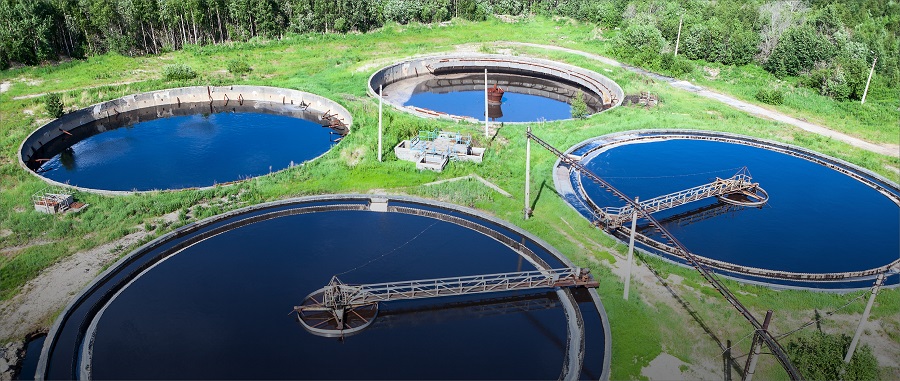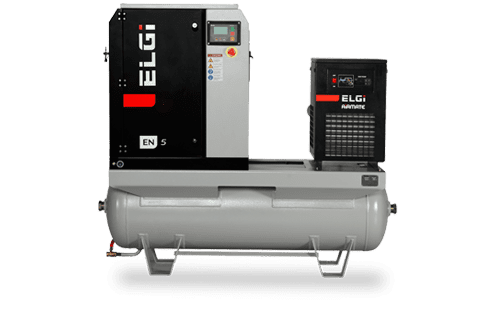Why is it essential to treat wastewater?

The very subsistence of life depends on water - plants, animals, food, and the ecosystem that function in a continuum. The pressure on and misuse of resources whether water, land, energy, or minerals, is universally understood by many, however, the measures to conserve and the practices to sustain, is what will support our actions in the direction of sustainability and equitability.

What is wastewater?
Clean freshwater is a limited resource. While the world is grappling with drought and calamities, freshwater is becoming one of the most precious resources - without which a thriving civilisation will be impossible. Although 71% of the earth is made up of water, a very small percentage of this is available for use. It is hence important, if not imperative, for us to conserve water and protect this resource for future generations.
Wastewater is any form of water that has been contaminated by a commercial process, which includes substances such as human waste, food scraps, oils, soaps, and chemicals or domestic processes which include water from sinks, showers, bathtubs, toilets, washing machines, and dishwashers. Businesses and industries also contribute their share of used water that must be cleaned.
This wastewater must be carefully released back into the environment and should, therefore, be treated to avoid contamination to ecosystems.
Why treat wastewater?
Today, it has become the responsibility of everyone to advocate sustainability and eco-consciousness. Aquatic life, wildlife habitats, health concerns, recreation, business progress, and technology; there is a lot on the line, so there is enough reason to start championing the change makers within each of us.
If wastewater is not treated properly, it can have dire consequences. While toxins seeping into the food chain can be one of the outcomes, for businesses, which require a 100% clean and pure energy source, it could result in the poor quality of output and contamination of processes.

What is wastewater treatment?
Wastewater treatment helps remove or reduce several harmful particles from the water before it can be released into the environment. There are three types of treatments available - Primary which involves the removal of suspended and floating solids from raw sewage, Secondary treatment which eliminates any dissolved organic matter, and Tertiary which removes almost all of the impurities from sewage water.
You can read more about these procedures here: https://blog.elgi.com/wild-wild-waste/
How does compressed air support the treatment of wastewater?
There are many applications for air compressors in wastewater treatment, including:
- Filtration: Compressed air is used to break down compact material with ease.
- Desalination: Salts and minerals are removed from wastewater with compressed air.
- Disposal: Central vacuum systems powered by air compressors are used to dispose of wastewater.
- Purification: Air compressors supply the necessary pressure needed to maximize oxygen yield to purify wastewater.

Additionally, compressed air finds several uses in the treatment of effluents and wastewater. Air compressors connected to tubular diffusers provide dissolved oxygen for microorganisms in an aeration tank. The dissolved air flotation process uses air at high pressure to bring impurities to the surface, where they are skimmed. A belt filter press is used for dewatering sludge, and the belts are pneumatically controlled. Air compressors are used to operate all valves and actuators in a wastewater treatment plant.
At ELGi, our range of oil-free compressors offer 100% oil-free compressed air solutions and are designed to provide zero risk of contamination with improved energy efficiency and long-term reliability, to help treat factory waste before it is released into the environment.
While we may have to adjust to a “new normal” amidst concerns of our health and safety, we need to take a holistic approach. Making small changes in our homes, becoming more conscious of our purchases, businesses to adapt and offer solutions that care for the environment and focus on tech and innovation that utilise resources in a sustainable manner, are a few changes we can consider.
#WaterQualityMonth focuses on raising awareness around the impact and the responsibility we have towards the environment and calls us to do our bit to conserve our water resource.





